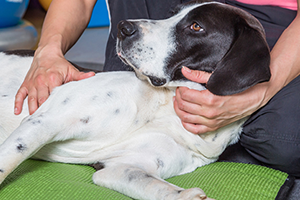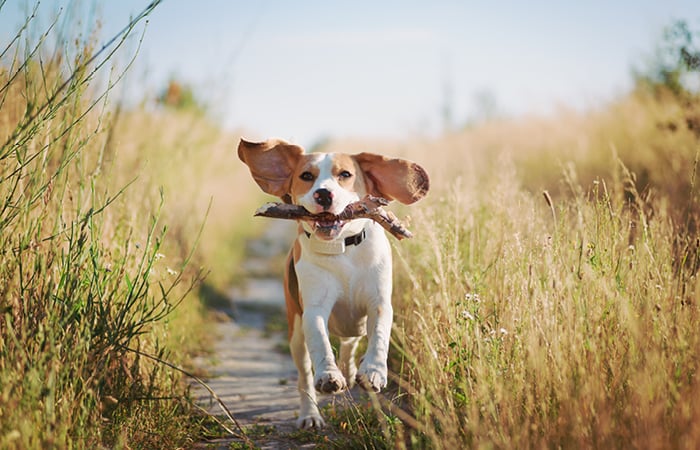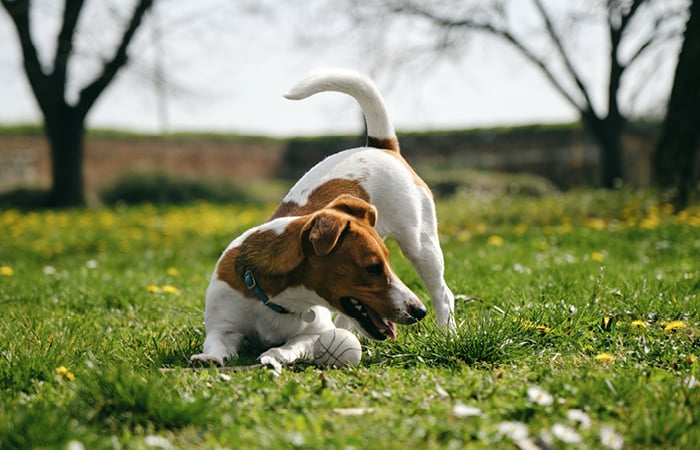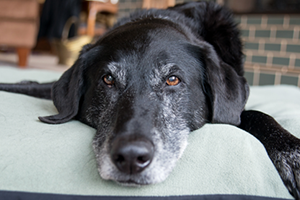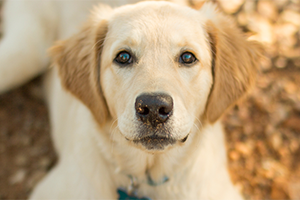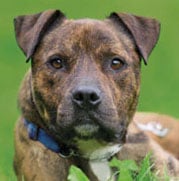
A loyal companion who’s plucky, energetic and alert
Vital stats
Size: Small to medium (standard-size or miniature)
Coat: 3 varieties – short-haired, long-haired and wire-haired
Exercise: 1 hour a day
Life span: 12-13 years
Breed group: Hound
Temperament: Playful, loyal, independent
Swipe to view more
| Size: | Small to medium (miniature or standard-size) |
| Coat: | 3 varieties: short-haired, long-haired and wire-haired |
| Exercise | 1 hour a day |
| Life span: | 12 – 13 years |
| Breed group: | Hound |
| Temperament: | Playful, loyal, independent |
Dachshund temperament & personality

- Both standard and mini Dachshunds are utterly devoted to their owners and make for extremely loyal companions.
- Provided they are well-socialised from a young age, Dachshunds can also get along well with children and cats.
- As a vocal breed, Dachshund traits include being a little noisy and standoffish with strangers.
- Due to the Dachshund’s personality, these dogs are better suited to slightly older children who will take any barking or territorial behaviour in their stride.
Dachshund training & exercise

How to train a Dachshund
- As scent hounds, Dachshunds are hardwired to pick up smells and chase prey, so good recall and lead training is essential from an early age
- Dachshunds can be easily distracted, so use short training sessions to keep their attention.
Keeping them happy
Exercise
- Adult Dachshunds need regular playtime combined with at least a 60-minute walk per day.
- Dachshunds shouldn’t be allowed to run up or down stairs or jump up a lot, as this can cause back problems, a common issue in the breed.
Game ideas
Common Dachshund health conditions
Some health conditions affect Dachshunds more than other dog breeds. We’ve outlined some of our recent claims data to help you understand some of the health issues we see more of in standard and mini Dachshunds.
If you’re buying a puppy, you can increase your chances of having a happy and healthy dog by choosing a reputable Dachshund breeder.
Standard and miniature Dachshunds are susceptible to dental problems, ranging from overcrowded teeth to gum disease. Once your dog’s adult teeth grow, you should start a daily brushing routine, which will help keep bacteria at bay and also give you a good chance to health-check their mouths. Left untreated, dental issues can lead to other health problems affecting the heart, kidneys and liver.
A fairly common disorder for Dachshunds in middle age and beyond, Cushing’s disease is caused by a problem with the adrenal gland, creating a hormone imbalance. Symptoms to look out for include:
- Increased need to urinate
- Excessive thirst
- Enlarged abdomen
- Thinning of the skin that heals slowly
Commonly caused by a tumour on the adrenal gland, your vet will prescribe medication to manage Cushing’s disease in the long-term.
The skin is the largest organ of a dog’s body, and several disorders can affect it. Like other dogs, Dachshunds can suffer from allergies that lead to dermatitis (skin inflammation).
Allergies can be caused by many different items, including:
- Things that are inhaled, such as pollen or dust mites
- Items that are eaten, such as wheat
- Items the dog comes into contact with, such as washing powders
- Bites from parasites, such as fleas
Pyoderma – meaning ‘infection of the skin’ – is another skin problem usually caused by bacteria, fungi (’ringworm’) or yeasts.
Skin disorders can often be managed with a range of treatments, typically needed over the long-term, allowing your dog to get back to enjoying life.

Grooming a Dacshund

There are three varieties of coat found in this breed – short-haired, wire-haired and long-haired dachshund – all of which have slightly different requirements.
- The amount your Dachshund will shed depends on their coat type, but as a breed, they only shed moderately, if at all.
- Short-haired Dachshunds need very little grooming, just a quick brush once a week.
- Long-haired Dachshunds need daily grooming to prevent matting, particularly around their ears and legs. For the wire-haired variety, you’ll also need to brush their bushy beard.
Dachshund diet & nutrition

It’s important to keep your Dachshund at a healthy weight to help reduce any pressure on their spine and joints, which are prone to issues.
- Adult dogs require two meals a day, and the portion size will depend on whether you have a standard or miniature Dachshund. Stick to the recommended portion on the food packaging, and if in doubt, consult your vet.
- Vets recommend feeding a high-quality pet food to ensure your dog gets all the nutrients they need to remain healthy.
Getting a Dacshund

Once you’ve decided you’re ready to own a Dachshund, think about whether you’d prefer to buy a puppy from a reputable breeder or adopt a dog from a rehoming centre. To help you decide, here are some points to consider.
Rehoming centres
Giving a new home to a rescue dog or puppy can be extremely fulfilling. If you'd like to explore this option, start with one of Petplan’s partners, such as Battersea Dogs & Cats Home, Blue Cross and Dogs Trust. You can also contact rehoming centres in your local area and ask if they have any Dachshunds that need adopting.
Getting a dog is a big decision, and a rehoming centre will want to see that you’re prepared for this commitment – they may even visit your home to check you are well equipped for your new pet.
If you’re a first-time owner, a young adult dog (between two and five years old) is a good choice. They’ll be through the puppy stages, but still young enough to adapt to their new home. If you’re an experienced owner, you might decide to adopt an older Dachshund and give a new lease of life to a dog who might otherwise be overlooked.
Breeders
If you want to buy a puppy, start by finding responsible breeders in your area, or further afield if you’re willing to travel. Breeders in the UK need a licence if they’re selling over three litters per year. They should also be happy to introduce you to both parent dogs.
When visiting puppies, they should always be with their mother in a home environment. Watch how the mother interacts with people and ask questions about her health and personality.
At eight weeks, puppies will be ready to go to their new homes – but they shouldn’t leave their mother any earlier than this. Breeders who work with Petplan will include four weeks free dog insurance, which you can then extend.
Dachshund frequently asked questions
Discover some of the most popular dog breeds
Dachshund insurance considerations
Dachshunds sometimes suffer with certain health conditions and may require treatment, but Petplan dog insurance offers peace of mind that they’ll always be protected.
Choosing the right insurance for your Dachshund helps keep them happy and healthy if they develop any problems. Since this breed can suffer from some serious health conditions, it’s important to check the length of time policies cover each condition. Petplan’s Covered For Life® policies allow you to claim for the same condition each year. As long as you renew your policy, your Dachshund can receive the best care for any ongoing conditions.
We always offer these things as standard:
Physiotherapy & pet therapies
Along with physiotherapy, which is covered within the Vet Bills benefit, we also cover Pet Therapies like herbal medicine, homeopathy and acupuncture. You can also claim for hydrotherapy, up to £500 per illness/injury in dogs and cats (no additional limit for rabbits).
Petplan is a trading name of Pet Plan Limited (Registered in England No. 1282939) and Allianz Insurance plc (Registered in England No. 84638), Registered office: 57 Ladymead, Guildford, Surrey GU1 1DB.
Pet Plan Limited is authorised and regulated by the Financial Conduct Authority. Financial Services Register No. 311969. Allianz Insurance plc is authorised by the Prudential Regulation Authority and regulated by the Financial Conduct Authority and the Prudential Regulation Authority. Financial Services Register No. 121849. Pet Plan Limited is a subsidiary of Allianz Insurance plc.




































